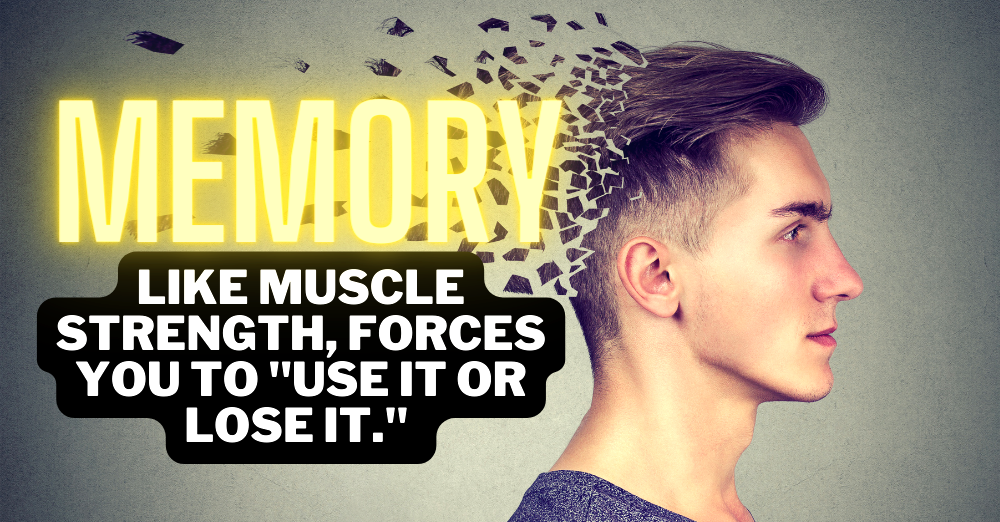
Regardless of age or profession, improving memory and mental performance is within reach. Whether you’re a student, professional, or senior, acting to preserve and enhance cognitive function is possible.
The human brain can remarkably adapt and change, even in old age. This ability is known as neuroplasticity. With the proper stimulation, your brain forms new neural pathways, modifies existing connections, and learns further information.
1 – Let the brain work. By the time you reach adulthood, your brain has developed millions of neural pathways to process and remember information. But if you stay with those worn-out neural pathways, you don’t give your brain the stimulation it needs to keep growing and growing. Memory, like muscle strength, forces you to “use it or lose it.” The more complex your brain works, the more it can process and memorize information.
2 – Full attention. To improve your memory, you must learn and develop new skills. The best brain-strengthening activities require your full attention. It should always be something that requires mental effort. Think of something like learning to play the guitar, making pottery, playing chess, speaking Spanish, dancing the tango, or mastering your golf swing. All these activities improve your memory, stimulate and motivate you.
3 – Do brain training programs work? Some applications and online programs promise to improve your memory or problem-solving skills. But do they work? The facts show they don’t. Although these brain training programs lead to short-term improvements, they do not strengthen general intelligence, memory, or other cognitive abilities.
4 – Exercise regularly. While mental exercise is essential for brain health, that doesn’t mean you should never break a sweat. Exercise improves memory and helps the brain stay alive. It increases the oxygen supply to your brain and reduces the risk of disorders that lead to memory loss.
Exercise stimulates growth and new neural connections. Exercising in the morning before you start your day makes a big difference in favor of memory.
5 – Prioritize getting enough sleep. Sleep all compromises memory, creativity, problem-solving ability, and critical thinking. Research shows 7 to 8 hours of sleep are necessary, as other vital memory-enhancing activities occur during the deepest stages of sleep. Avoid all screens before bedtime. The blue light emitted by televisions, tablets, phones, and computers is an enemy of good sleep and the brain.







